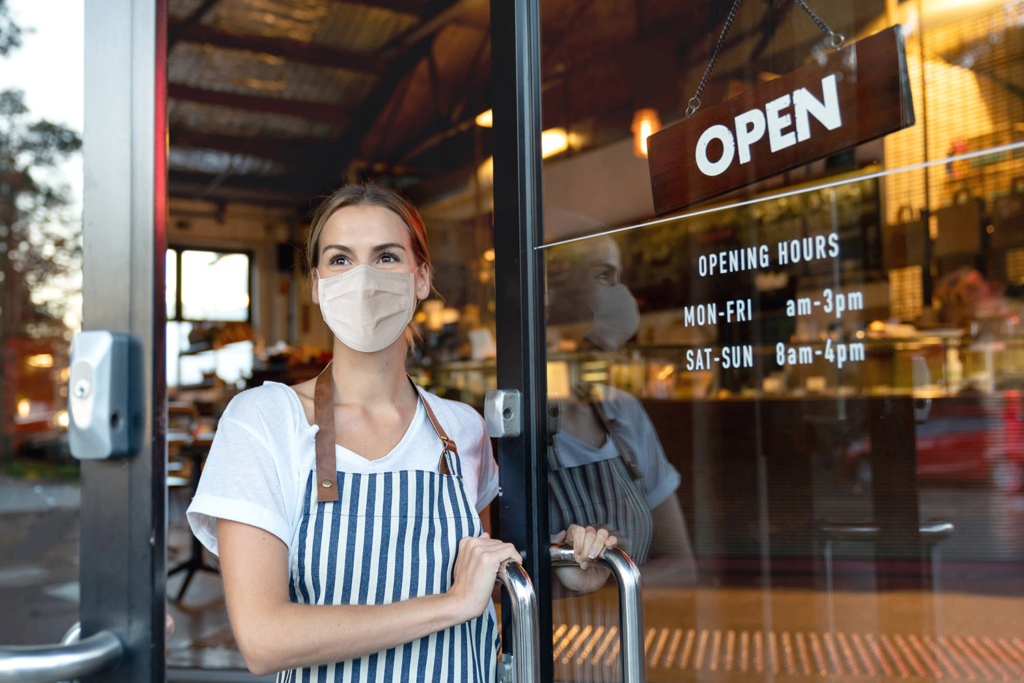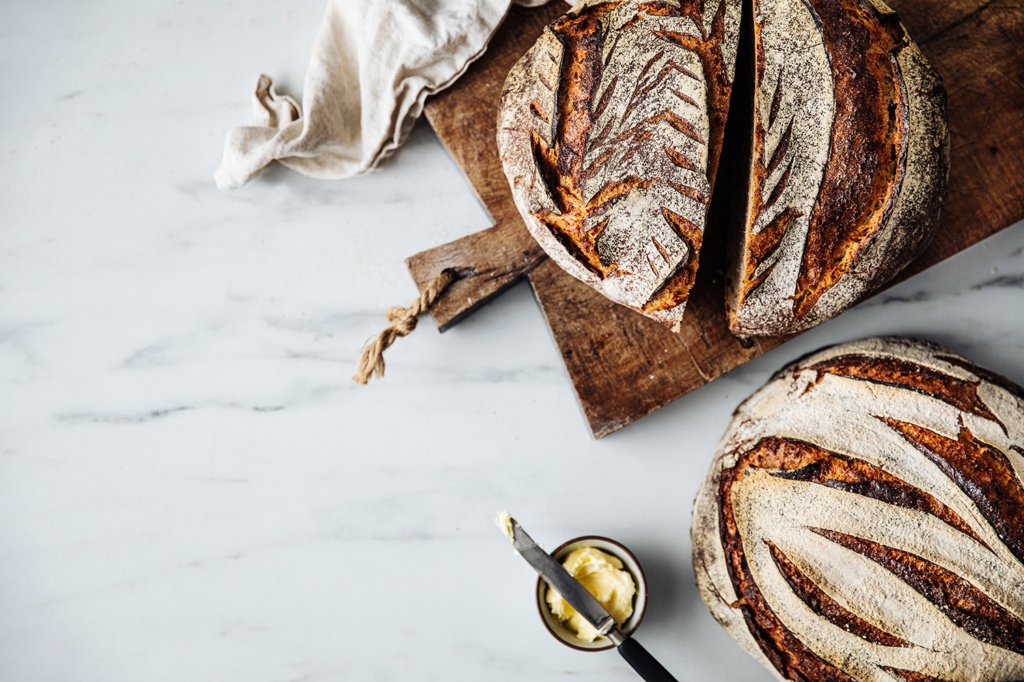July seems set to be a momentous month. In England, a significant easing of lockdown rules take place from 4th July (already nicknamed Super Saturday by certain media). From here on, you and I will be able to go to a pub, café, restaurant, museum, theme park, library and – hallelujah – a hairdresser. We’ll also have more freedom to see friends and family, both indoors and outside, and even stay overnight at someone else’s home. I think this is, in theory, very good news. When lockdown was first imposed on 23 March, the restrictions were initially put in place for three weeks. But extension after extension followed. Life as I knew it changed dramatically and I’m sure it did for you too.

Now things are about to start changing back, but I think lockdown easing is likely to bring a new set of challenges with it. However longed-for, these changes can feel scary. For me, I’m totally torn between wanting desperately to get back to normality and good old-fashioned fear of the unknown. Raised anxiety levels became all too commonplace as the COVID-19 pandemic took hold. So, now we’re faced with managing stress as lockdown eases, but the spectre of a second spike still looms. So what can we do to cope?

Be prepared
I’m a firm believer that being prepared – and being patient (not one of my fortes!) – are great foundations to build on. We need to be honest with ourselves that managing stress takes time and effort. After all, I didn’t adapt instantly to lockdown; it was a gradual process. So, I’m pretty sure the same can be said for you. Similarly, it will take time to find our way back out of it, and to reconnect with the outside world. So pace yourself. Ease yourself in gently and don’t attempt everything all at once. Above all, remember to be realistic about just what the ‘new normal’ will look like. Don’t expect your favourite shop, cafe or restaurant to look and feel exactly like it did before. Expect queues and be patient. Allow more time than you used to. Accept that there will probably be less choice. Lockdown easing is a work in progress for everyone, so don’t try to rush how you respond to it.

Prioritise
This next stage of lockdown easing offers you and I lots of opportunities to do things we haven’t been able to for ages. But just because we can, doesn’t mean we have to. I find that managing stress is linked to taking control. So be picky. What have you really missed? Prioritise the activities you enjoy the most, and ignore the rest. To keep stress under control, it’s also helpful to identify what worries you the most, and avoid those scenarios. Not keen on the prospect of air-conditioned buildings or crowds that won’t always socially distance? Then stay away from the sales and continue to shop online. I’m planning on doing just this and, yes, it feels good. Love fresh air, flowers and exercise? Why not pre-book an RHS Garden visit, or join an outdoor bootcamp class? Don’t force yourself to try things you know you’re not ready for, simply because they’re available again. But do make an effort to reconnect with services and activities you enjoy, in a different way, if necessary. For example, one of the things I’m looking forward to most is a long-overdue haircut. But it will be an alfresco affair in my own back garden, courtesy of a mobile hairdresser I’ve found online.

Control the controllables
“Control the controllables” is a common phrase in sports psychology, but I consider it a useful strategy for managing stress post-lockdown. As the easing continues, there will be factors beyond your control that could cause fear and anxiety. Be aware of these. Where possible, I’m going to put together an action plan to manage them. Make sure that you are in a position to keep yourself as safe as possible, regardless of what anyone else is doing. This could include carrying your own hand sanitiser, frequent and thorough hand washing, and always wearing a mask in public. Be flexible: if you find yourself somewhere that makes you nervous, be prepared to leave and go elsewhere. If you’re in a shop or supermarket that’s very busy, change the time or day you shop. In the best possible way, be selfish. Focus on the issues you’re in a position to influence, in the present, rather than what has or might happen elsewhere.

Hold on to the good parts
Lockdown has been difficult and distressing, but I have to say it hasn’t been without its good parts. Perhaps you’ve spent more time with your family, learned to cook, started a vegetable patch, or taken regular exercise. Keeping those positive habits going is an excellent way to continue managing stress as we transition back to normality. As easing evolves, feeling anxious about losing the elements of lockdown life we have started to enjoy is a completely normal reaction. And, whatever happens, don’t feel guilty about it. In many ways, life in lockdown was simpler. If you enjoyed juggling fewer commitments and operating at a slower pace, make an effort to maintain those elements going forward. 2020 has delivered very little to celebrate so far, so I plan to embrace the silver linings wherever and whenever I find them. And I hope you can too!

Ask for help
For some of us, managing stress post-lockdown will be too difficult to do alone. And quite frankly, there’s nothing wrong with that. So, if you are seriously struggling, seek help. Don’t bottle things up or dismiss your concerns. Please talk to someone as soon as possible. This could be a person you know in real life, or connect with online. Reach out to a friend, family member, a mental health professional, or even the Samaritans. Journalling is another excellent way to reduce and manage stress. Writing down our thoughts and feelings helps us to understand them more clearly. It can also help us to regain control of our emotions, boost our resilience, and improve our mental health.





